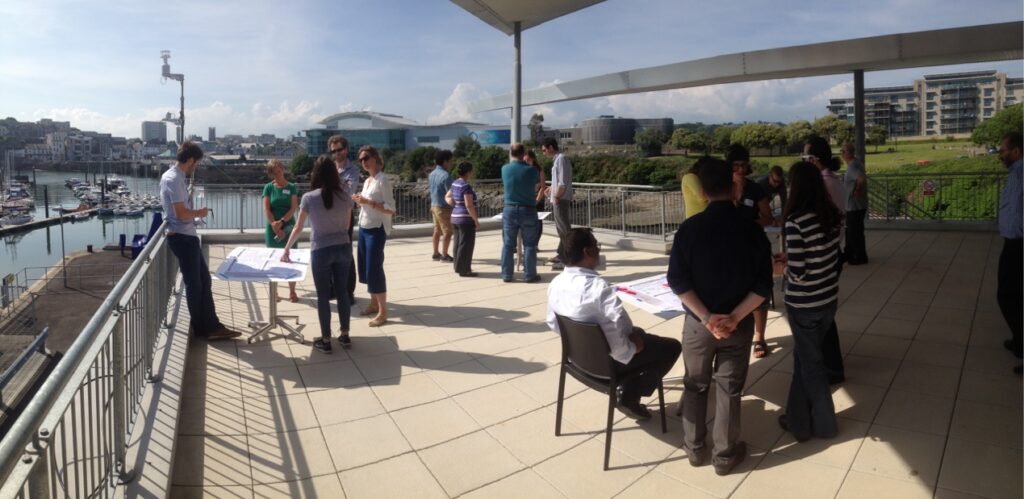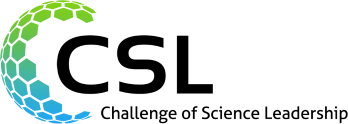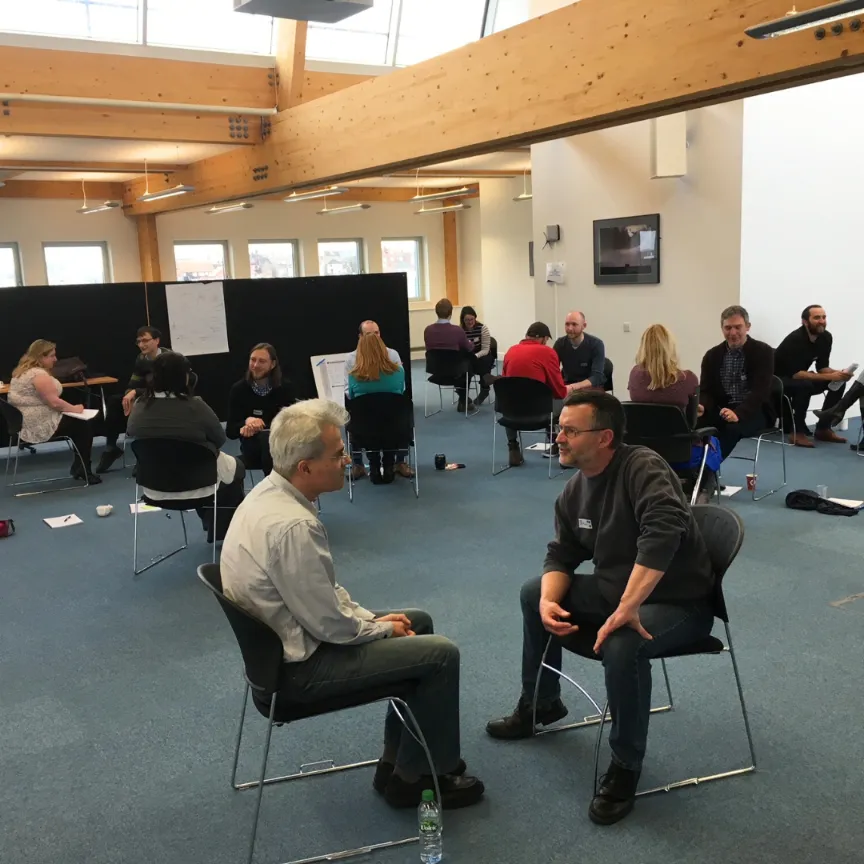“I am who I am because of who we are” (Ubuntu)
In a few days we’ll be attending the Coastal Futures 2024 Conference in London as a sponsor of the event. In this capacity we’ll have an exhibition stand and we’ll have the opportunity to attend the lecture sessions during the 2 days. But more importantly, we’ll have a chance to network, to meet new people, to reconnect with past participants of our courses, and to meet colleagues we haven’t seen in years.
We’re all told we need to network. But for many, networking can be a challenging experience. Elisabeth Pain, Contributing Editor for Science1, says “Most scientists know that networking is important for success, whether in their research or career, but many still find the mere word off-putting. For many scientists, the thought of stepping into a room full of strangers and striking up forced, superficial conversations over wine and cheese cubes feels icky and can produce anxiety.” She follows this statement up with “It often takes skill, and practice, to start enjoying and reaping the benefits of networking”.
So, perhaps the question to start with is, why network? Here are 4 good reasons:
- Science is a highly collaborative discipline – very few scientific advances are made in isolation, and collaboration is critical to innovation and good science, particularly in the multidisciplinary and transdisciplinary space. Therefore, expanding your network can maximize your opportunities, increase your impact, and potentially attract funding.
- Networking widens your scientific knowledge, through discussing your ideas, your research and your science with others and hearing other talk about theirs. An outside perspective can be highly valuable if you hit a potential roadblock at some point in your career. New ideas and hypotheses are frequently inspired by conversations among scientists.
- Networking is about social capital – forming and developing interpersonal relationships, having a shared sense of identity, a shared understanding, shared norms, shared values, trust, cooperation, and reciprocity. All of this can boost resilience and the bonus is it’s good for your mental wellbeing.
- Networking can help with your career development. The establishment of connections can help in getting your next job. Knowing the right people who can direct you to open positions and connect you with individuals looking to hire can be invaluable.
In a previous blog I stated that collaboration is a key factor in being successful in science. In order to expand your pool of potential collaborators you need to network. But how do you expand your network? Conferences and workshops seem like obvious places to start because of the many opportunities they provide for one-on-one scientific discussion. But for many conferences can be difficult to navigate.

So, why is Networking powerful?
We believe there are two complementary processes involved in networking. Firstly, you need to understand who is in your network (and perhaps more importantly, who’s not). Secondly, there is the physical act of networking – engaging with others, either in person, via social networks, email or some other medium.
In a future blog, we’ll look at the highly strategic process of understanding who is and who should be in your network. In this blog, however, I’d like to explore a little more about how to network at a conference and consequently I’ve identified 5 pieces of advice that will help you in this endeavour!
- Preparation is everything. So much in our professional lives can be improved by spending time to prepare. So often, we don’t feel we have time to carry out this important activity.
When I was a 3rd year PhD student, I had the opportunity to attend an international atomic spectroscopy conference in the US. My PhD supervisor told me that a certain professor would be attending who I should network with so after fortifying myself with a glass of wine I sidled up to him at the conference reception, introduced myself, started a conversation, and was then surprised when his eyes settled on something or someone far more interesting on the other side of the room. I lost my thread, made my excuses, and scuttled of to find another glass of wine to calm my nerves. Now, we could talk here about the importance of body language, eye contact and how easily it is to break the connection with another, and the effects that can have. But actually the real problem here was my lack of preparation.
So, spend some time before the conference examining who will be attending, who you want to connect with and what you want to say. In particular, what’s your why? Why do you want to connect with them? Also, what’s your ask? What do you want from them? Finally, what’s in it for them? What’s the benefit for them? Make sure you are clear in your mind about this.
- Listen and provide value. Instead of selling yourself, aim to provide value to the people you meet. This begins with (actively) listening more and talking less. Be curious, ask open questions, and pay close attention to what others are saying. Think “How can I help them?” or “How can we help each other?” rather than “How can they help me?” You’ll be seen as a collaborative, helpful person, and you’ll have an easier time building connection.
- Use the people around you. You’re not alone and it’s likely there will be others at the conference you know. Leverage this resource. The simplest way of making new connections is through an introduction by someone that already knows you. Keep in mind to also do the same for others.
- Don’t be afraid to ask for the meeting. If you’ve piqued their interest with your research or your work, don’t belabour the point. The next logical step may be a meeting (in person, on-line or by phone). Collaborations often start with an email or phone call -don’t be afraid and ask for it.
- Follow up is essential. Post conference, follow up on your leads. Don’t leave it too long. Most people’s memories are short.
Networking at conferences and events can be hard for many people. But remember, if you feel that way, then there is a fair chance that many of you colleagues attending the same event will feel the same. I know I do.
If you’re attending the Coastal Futures 2024 conference on the 24th and 25th January, look out for us. We’d love to talk with you.
1. Elisabeth Pain, Contributing Editor for Europe, Science, 2015 https://www.sciencemag.org/careers/2015/10/how-network-effectively



